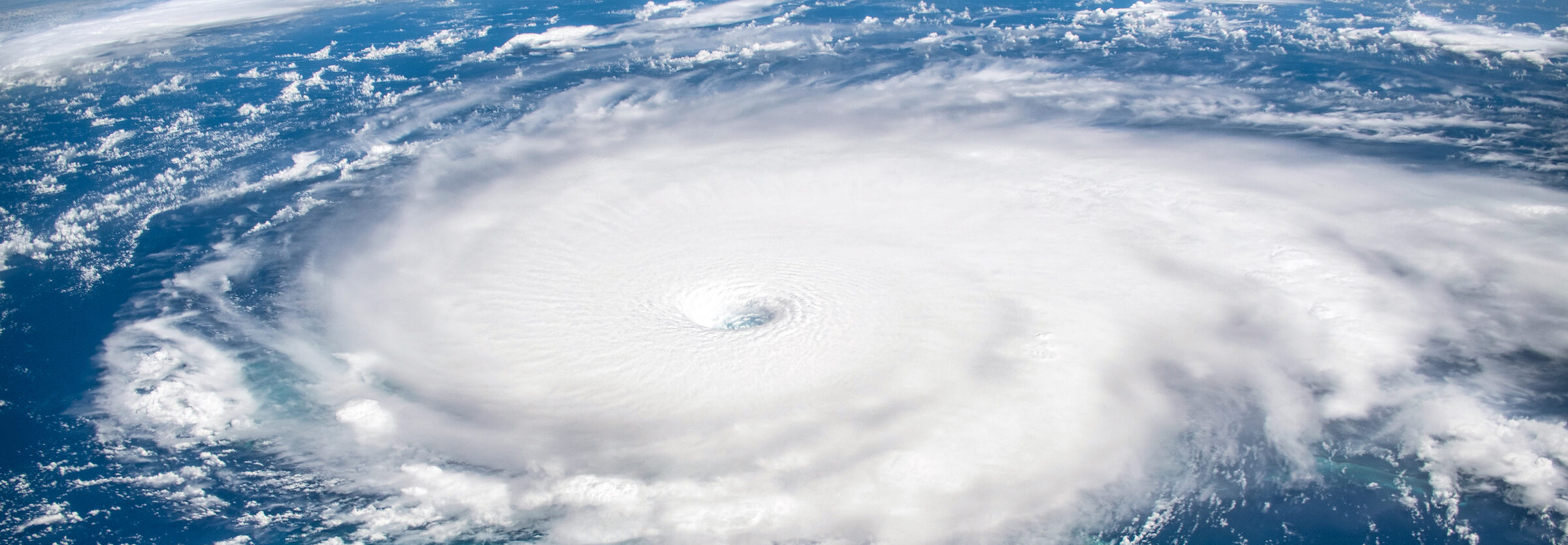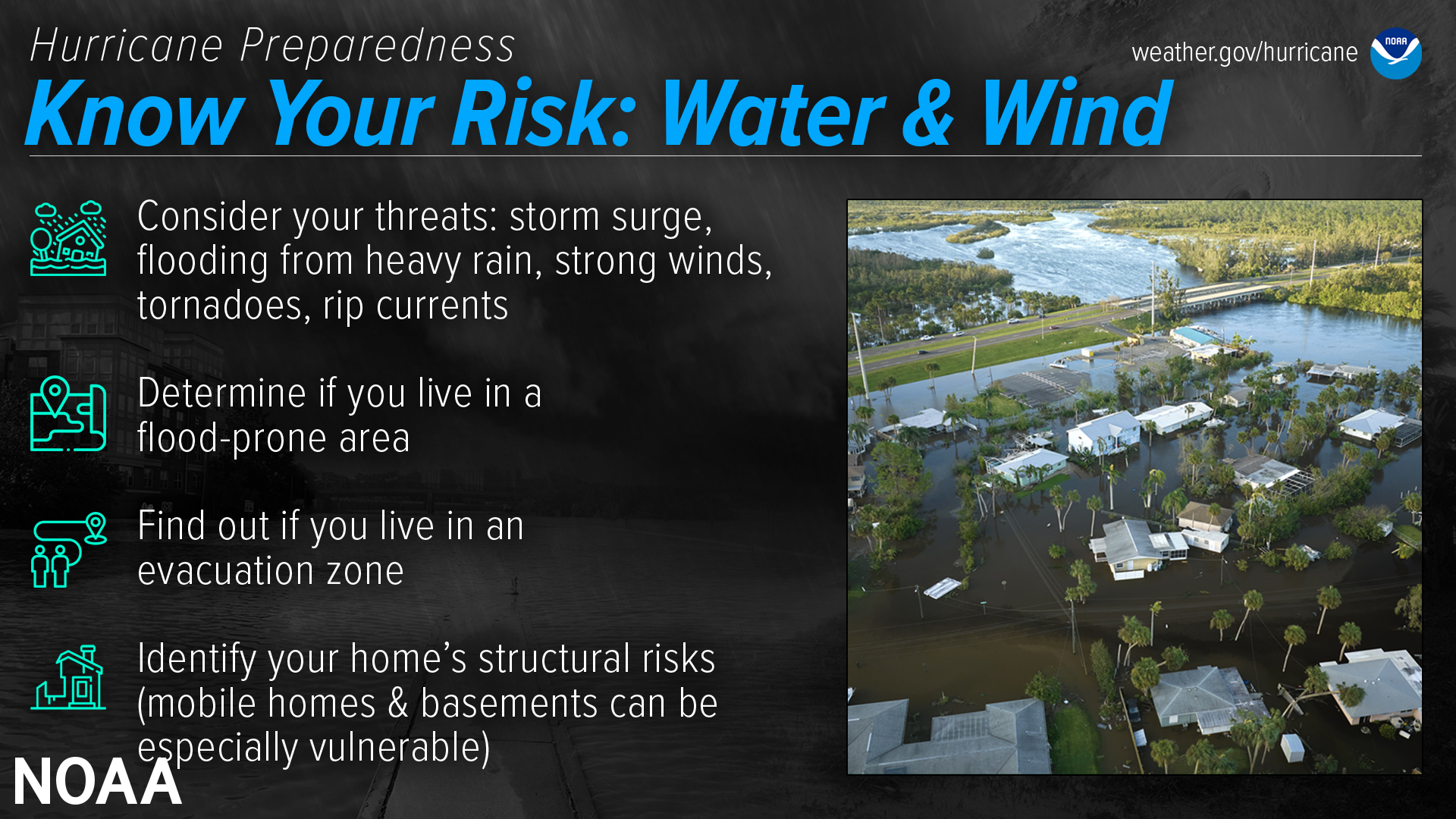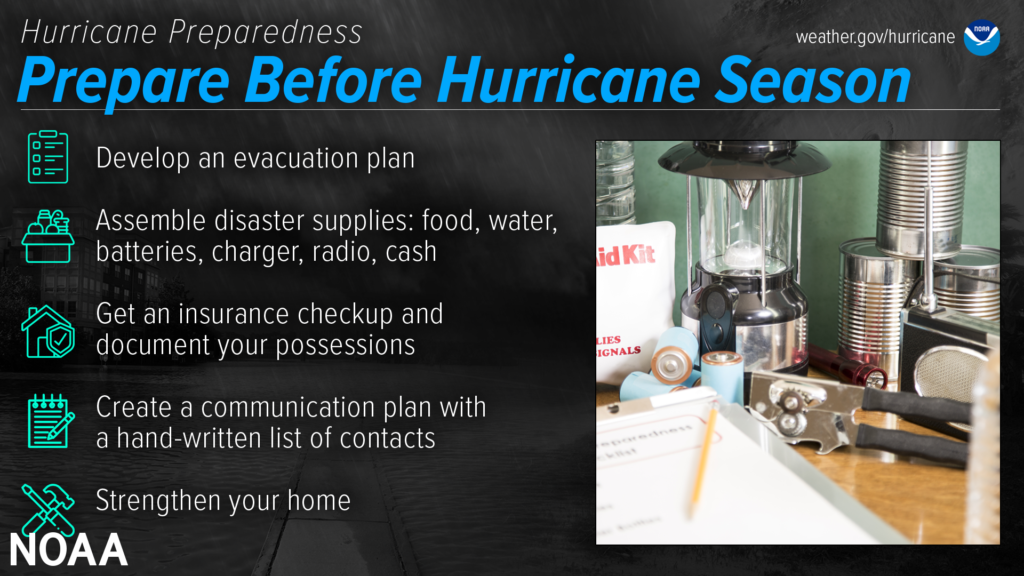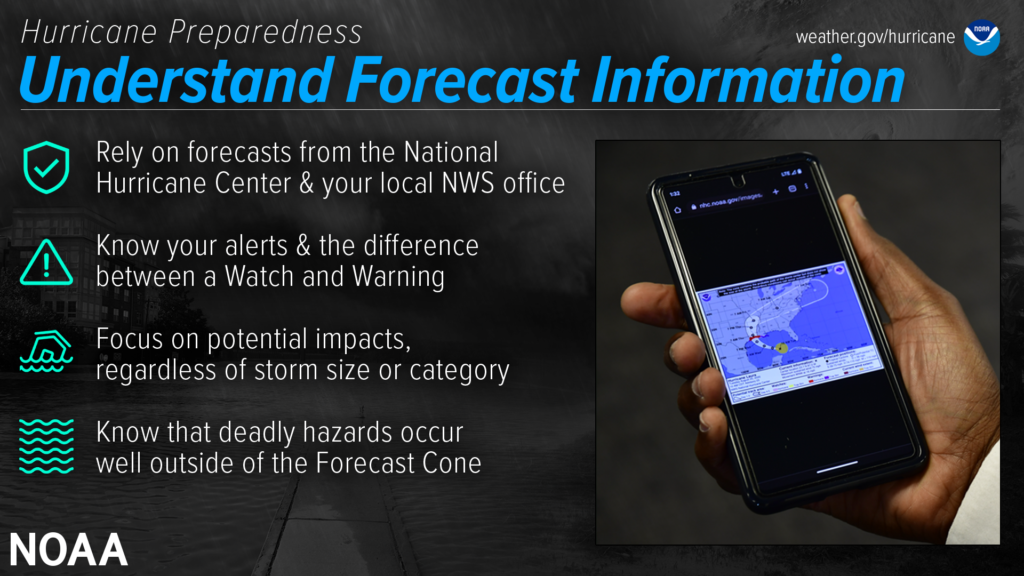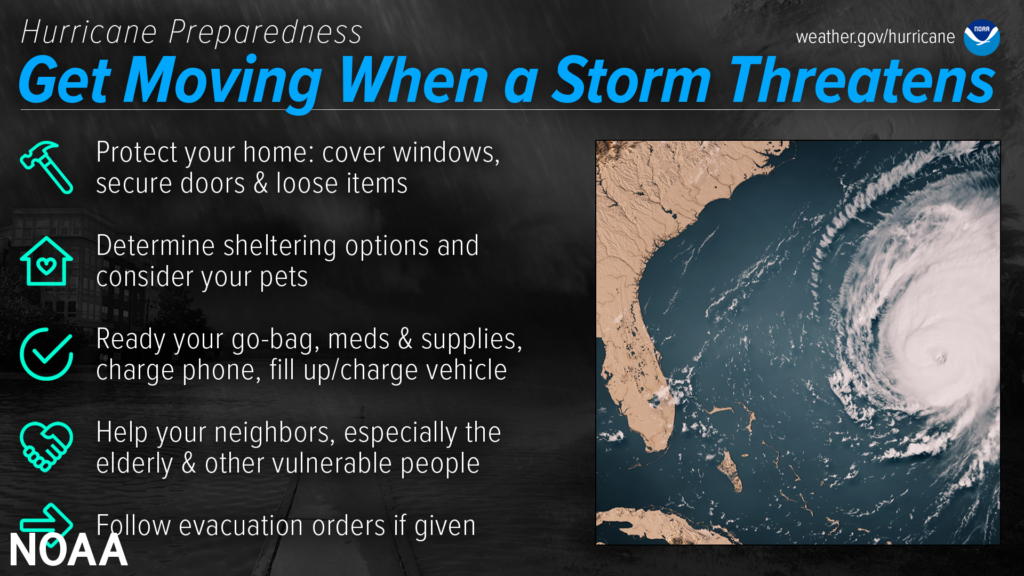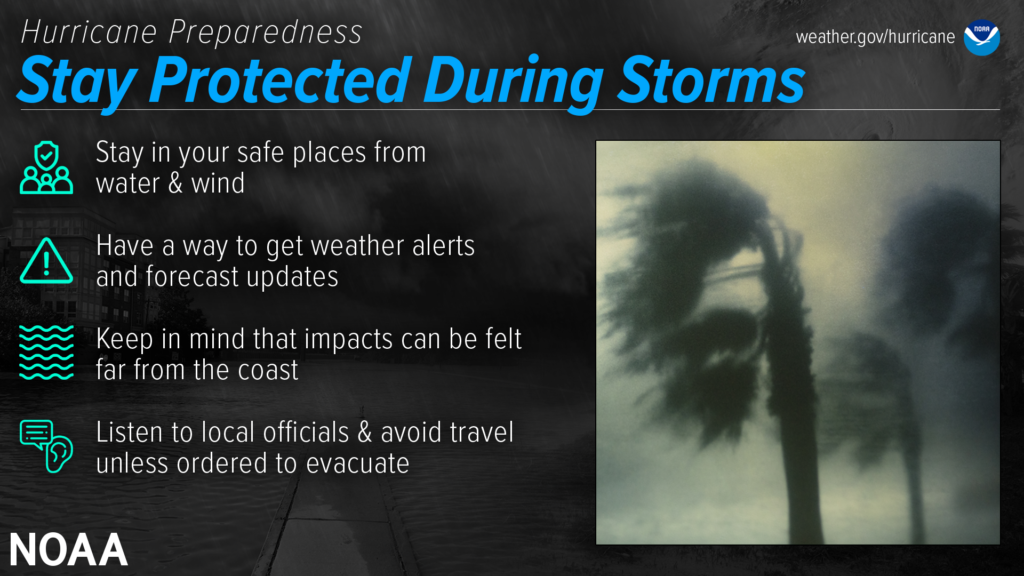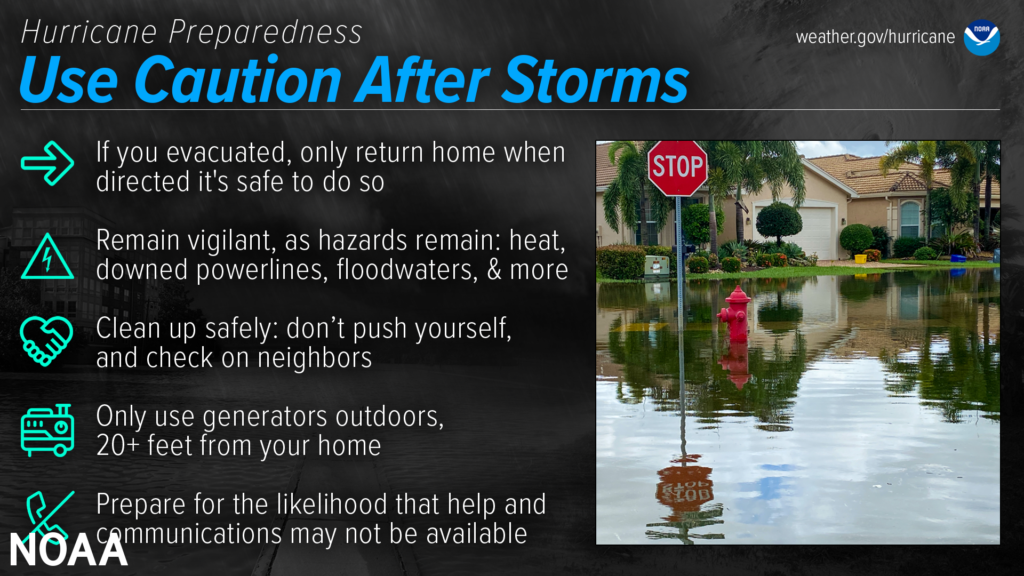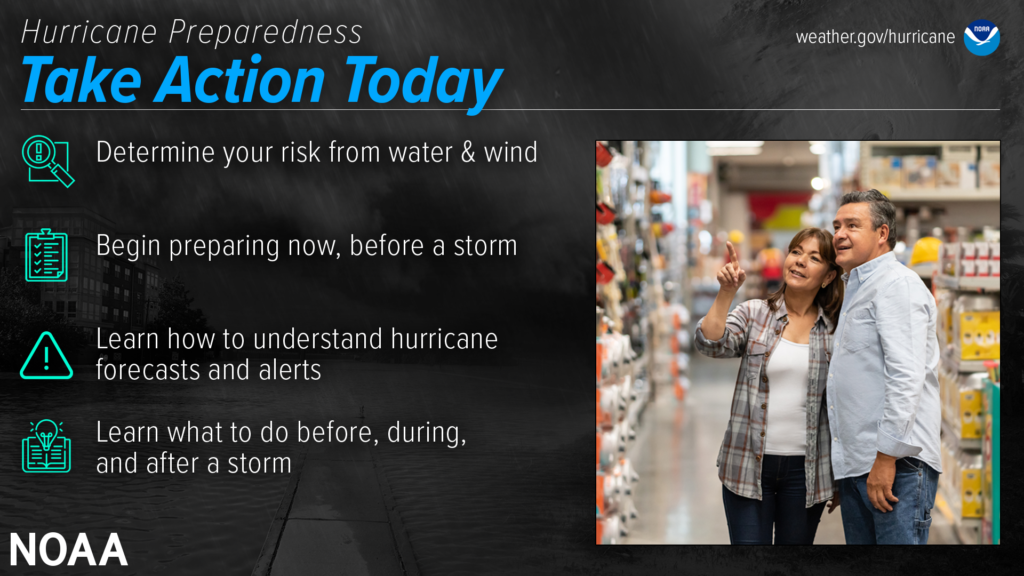Storm Debris Pick Up
We have been advised by Best Trash that they will continue to pick up trash and yard waste all day today. Their first priority was to pick up the smelly trash first since it had accumulated from the holiday and no pickup on Monday. They will then continue to pick up yard waste as per the rules on our website. As long as it is bagged or bundled or in containers, they will pick it up. They told us they will continue to collect even if it takes till 10 p.m. tonight. They have their supervisors out driving trucks and, if a truck from another subdivision is finished, they are sending it to Bentwater to help collect.
Please note Best Trash cannot pick up large branches or loose trimmings unless they are bagged or bundled.
Thank you.
Your MUD Board:
Susan McFarland, President
David Parkhill, Vice President
Gary Montgomery, Treasurer
Rex Cambern, Secretary
John Crystal, Assistant Secretary

